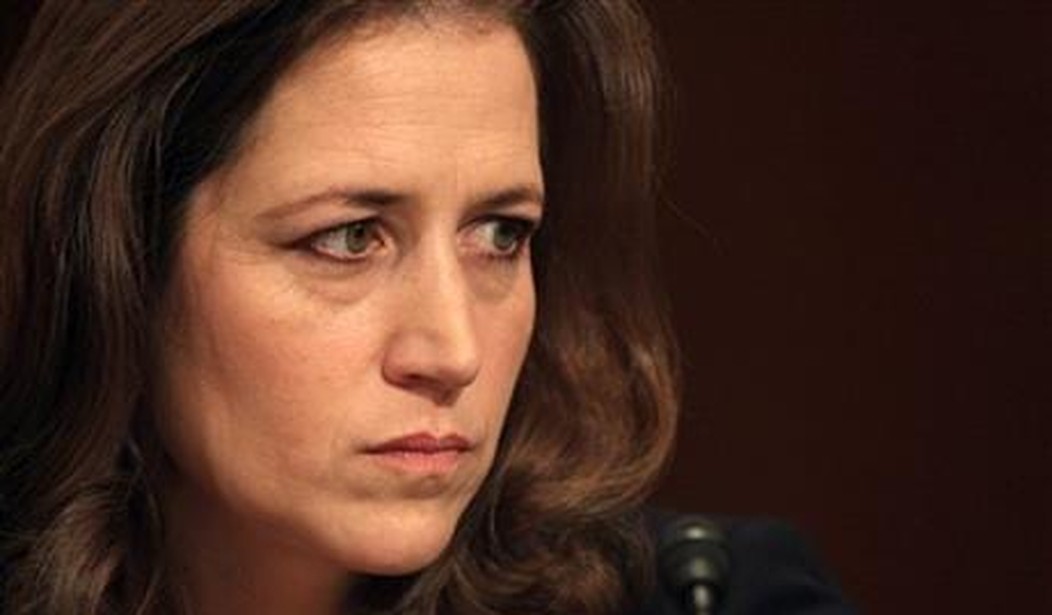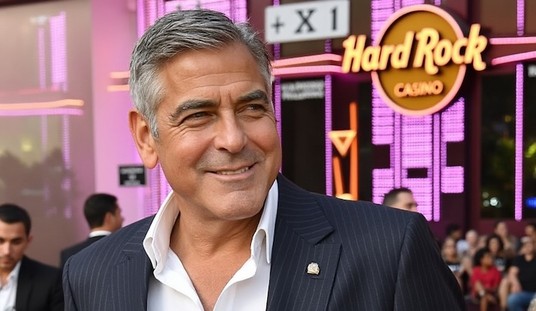Republican Shelley Moore Capito raised more than $1.3 million between April and June this year, outpacing her Democratic rival, Natalie Tennant, by over a half-million dollars. The two candidates for West Virginia’s open Senate seat released their second-quarter fundraising totals on Tuesday, a week ahead of the July 15 reporting deadline.
Capito, who represents the Mountain State’s 2nd district in the U.S. House, and Tennant, West Virginia’s secretary of state, are vying to succeed retiring U.S. Sen. Jay Rockefeller (D-W.Va.) in the November election.
Tennant raised about $777,000 during the second quarter, well behind Capito’s three-month haul.
More ominous for Tennant, though, is the pace of her — and her rival’s — fundraising operations.
Tennant’s second-quarter total actually dropped by about $20,000 from her first-quarter take of $794,000. Capito, meanwhile, who raised $818,000 in the first quarter of this year, saw her fundraising total surge by close to $500,000.
The picture doesn’t brighten much for the Democrat when looking at the two campaigns’ overall totals and cash-on-hand figures.
With her latest haul, Tennant has raised a little more than $2.5 million since the start of the campaign, and has about $1.5 million in cash on hand, according to her campaign. Capito’s overall take, meanwhile, is pegged at $7.1 million, with close to $5 million in the bank, her campaign said Tuesday.
To be sure, part of the disparity in the overall amounts raised by both campaigns has to do with Tennant’s late entry into the race. She announced her Senate bid in September of 2013, a full year after Capito launched her campaign and began raising money specifically for her Senate run.
Still, the latest figures make it clear that for now anyway, Capito is out-raising Tennant at a quickening pace.
Polls, as much as anything else, have helped drive Capito’s fundraising success, analysts say.
“Capito’s improved fundraising total corresponds with her strong position in this race,” Geoffrey Skelley, a political analyst at the University of Virginia, said on Tuesday. “The polls have her ahead by around 10 points, which allows her to make a more compelling pitch to potential donors.”
Or, to put it another way, Skelley says, “Everyone loves backing a favorite.”
Timing is helping Capito as well, says Stephen Farnsworth, a professor of political science and international affairs at the University of Mary Washington.
“Capito is a top Republican candidate this cycle and party donors are showing the love,” he said.
Of course, Capito’s campaign put a more populist spin on the fundraising results, saying West Virginians simply “trust her to fight for” their interests.
“The strong outpouring of support for Shelley … shows that [the state’s voters] want Shelley to keep working for them,” Amy Graham, a spokeswoman for Capito, said in a statement Tuesday.
But Tennant’s campaign says Capito’s fundraising prowess has less to do with popular support and more to do with large donations from out-of-state corporate backers, especially those in the financial services industry. Based on fundraising reports through March 30 of this year, 58 percent of Capito’s donations have come from outside West Virginia, though Tennant isn’t far behind, at 53 percent.
“This campaign is a clear choice between the West Virginia values I represent and the Wall Street dollars Congresswoman Capito represents,” Tennant said.
Her campaign points to a report by the Center for Responsive Politics that shows that throughout her career, Capito has received $1.6 million in contributions from Wall Street firms, several of which rank among her largest contributors in the current campaign cycle. That ranks her among Congress’s top beneficiaries of the banking industry.
Tennant aides point out that Capito voted twice “to let Wall Street CEOs” continue to take home large bonuses, “while taxpayers were already bailing out the banks” during the financial crisis six years ago.
“Of course Wall Street bankers are desperate to buy this seat for [Capito],” Jenny Donohue, a spokeswoman for Tennant, said in an email on Tuesday.
But, she added, “West Virginians are proving they won’t be bought [and are] sending in donations from all 55 counties to join Natalie’s campaign to end tax breaks for millionaires like Congresswoman Capito.”
Graham, though, says Capito isn’t beholden to Wall Street. She points out that Capito voted twice against the Troubled Assets Relief Program, or TARP, which helped bail out the banking industry during the fiscal crisis.
She also notes that Tennant has taken her share of out-of-state money as well. Worse, though, is the source of that money, Graham says. Capito’s campaign slammed Tennant last month for leaving her “statewide coal and energy jobs tour” three times in the course of a week to attend out-of-state fundraisers with “staunchly anti-coal activists,” Graham said.
And for the record, she added, Capito won donations from all of West Virginia’s 55 counties as well.
“The Tennant campaign is in a tailspin,” Graham said. “Despite Natalie Tennant’s outlandish lies, mudslinging, and overwhelming support from coal-hating liberals, she is proving incapable of taking her campaign off life support.”
Farnsworth, the political science professor at UMW, says the changing demographics of West Virginia have made it even more necessary for a Democrat like Tennant to look for money outside the state.
“Given the rapid movement of West Virginia towards the GOP in national politics during the past few years, any Democratic candidate is going to have to raise as much money as possible,” he said. “But in a poor state like West Virginia, that often means Democrats have to go out-of-state for cash. It’s a double-edged sword, but out-of-state fundraising is a necessity for an underfunded party.
Skelley, however, says the out-of-state trough could soon dry up for Tennant in a mid-term election year where control of the Senate is very much at stake. The GOP needs to flip six seats to wrest control of the chamber from Democrats, and most analysts think they have a real shot at doing so.
“Big donors outside of West Virginia may be less inclined to give Tennant money when there are other competitive Senate races where Democrats have a better chance of hanging onto seats,” Skelley said, pointing to heated Senate contests in North Carolina, Arkansas, Alaska, and Louisiana.
Karen O’Connor, a political science professor at American University and founder of the Women & Politics Institute at AU, agrees.
“I think money to Tennant peaked when her backers sensed that there were better opportunities in other, closer Democratic races,” O’Connor said.
Regardless of where the money is coming from, Farnsworth said, it’s getting to be crunch time for Tennant and her party.
“The Democrats really have to up their fundraising performance,” he said, “if they expect this race to be competitive.”









Join the conversation as a VIP Member